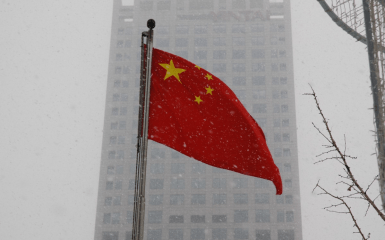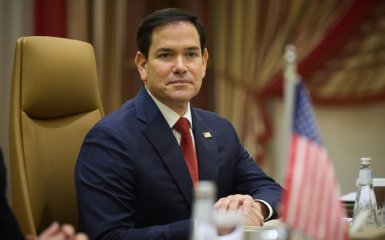On June 12, the European Commission officially announced that starting July 4, it will introduce fees on imports of Chinese electric vehicles of up to 38.1%. Beijing immediately expressed its outrage and shock.
Points of attention
- The decision is part of a months-long investigation into state aid to Chinese electric car manufacturers.
- The Chinese Chamber of Commerce in the EU has expressed shock and disappointment at the protectionist measures, vowing to defend its rights.
- Official Beijing is convinced that fees on electric cars will become a serious market barrier.
- The EU and China are gradually entering a full-scale trade war, which could have far-reaching consequences for both economies.
The EU will introduce large-scale fees on Chinese electric cars
What is important to understand is that the imposition of fees should come after a months-long investigation into state aid to Chinese electric vehicle manufacturers.
Experts say the move could trigger a full-scale trade war between the EU and China after Beijing launched an investigation into European alcohol producers and threatened retaliation against EU farmers and aircraft companies.
When our partners violate the rules, we will defend our rights, said the European Commissioner for Trade, Valdis Dombrovskis.
According to the latest data, models produced by BYD face a duty of 17.4%, Geely - 20% and SAIC - 38.1%
How China reacted to the EU decision
The Chinese Chamber of Commerce in the EU was among the first to comment on the situation.
It immediately declared her "shock, deep disappointment and deep dissatisfaction with this protectionist measure."
In addition, representatives of the chamber harshly criticized the anti-subsidy investigation and even called it a "witch hunt."
Official Beijing is convinced that the fees will become a "serious market barrier".
After Germany's desperate bid to keep fees as low as possible failed, Berlin appears to have lost its battle with Paris. France insisted on high fees and was behind convincing the European Commission to launch an investigation last fall, the report said.









